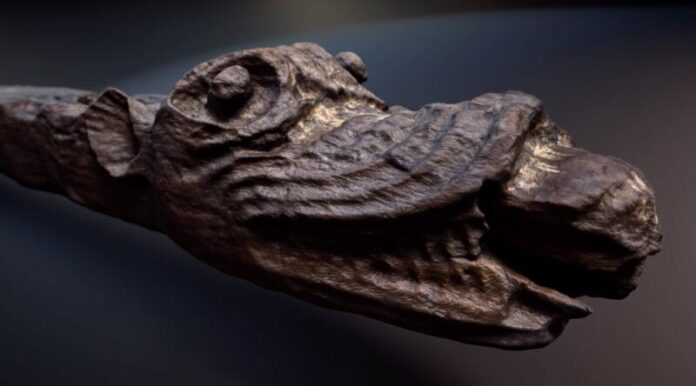A team of archaeologists from Lund University in Sweden has discovered a treasure trove of herbs, spices, and vegetables on a sunken Norse shipwreck that dates from over 500 years ago.
The researchers found more than 3,000 well-preserved plant specimens on the ship, which sank off the coast of Sweden in 1495. None of the plants were in containers, and were found in the stern of the ship. It is likely due to the site where the ship was found in the Baltic Sea that they were preserved by the cold and low levels of salt.
Origins of the ship
The ship was owned by King Hans, who was the ruler of Denmark and Norway. At the time the ship was one of the most technologically advanced warships in Europe.
It was also known as a “floating castle”, and served as the mobile seat of government when King Hans was at sea. Hans was visiting Sweden to negotiate its takeover when the ship caught fire. He wasn’t on the vessel at the time, however, the fire was so damaging it caused the ship to sink to the bottom of the sea.
Ship’s discovery
The ship was actually first discovered again in the 1960s, near the island of Stora Ekön, southeastern Sweden. It had been studied by marine archaeologists in the interloping years, yet they had somehow missed the thousands of plant specimens that were stored in the ship.
Mikael Larsson and Brendan Foley from Lund University began a new study of the ship in 2019, when they discovered the trove of plants.
Many different types of plant matter were discovered on the ship, including spices such as nutmeg, cloves, mustard, dill, saffron, ginger, peppercorns, and almonds. Some of these spices were likely traded from as far away as Indonesia.
It’s likely that due to how exotic some of produce was that the ship had a well-developed trade network, spanning far and wide. And these spices would not have been eaten by just anyone. They would have been purely for the provision of the rich, as the study says:
“Exotic spices were status markers among the aristocracy in Scandinavia and around the Baltic Sea during the Middle Ages.”
The team also found dried blackberries, raspberries, grapes, and flax, which were likely used as snacks by the crew of the ship.

